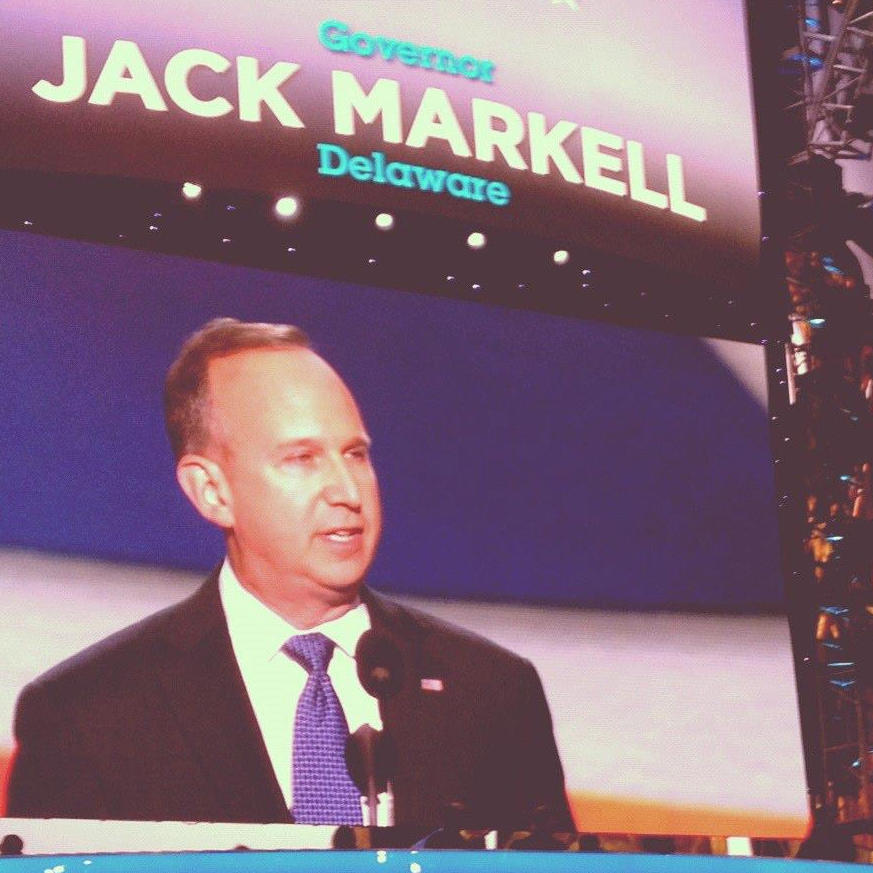Yesterday’s NJ detailed how developers (with multiple companies) could legally contribute multiple times to a candidate:
The practice of companies tied to one developer each contributing the maximum contribution gives the developer greater influence in the election process than other donors who don’t have separate companies to funnel contributions through.
“It’s an outrageous loophole for developers. It makes a mockery of the limits,” said James Browning, regional director of state operations with Common Cause advocacy organization. “It’s a double standard for developers. How can you trust in a system where so few people can buy so much access?”
Governor Markell’s campaign is shown as specifically knowing about this loophole and in making sure that their contributors knew of it too:
“If someone owns less than 50% of an entity, then the entity may give up to $1,200 AND the individual may separately give $1,200,” according to the memo sent by Brian Quinn, then Markell’s campaign finance director, to “supporters/potential supporters of Jack Markell.”
In addition to the contributions Markell received from development companies tied to Zimmerman and Heisler, both also contributed the maximum amount allowed for individuals.
No one is accusing the Governor or his campaign of doing anything illegal here — and the Zimmerman case (like Tigani’s) is a potential problem of illegal reimbursements for campaign contributions. But this is a well known, well exploited and completely unnecessary loophole for developers (what other industries have multiple LLCs working out of the same space?). And no one will argue that developers have an outsized influence over politics here — one that leaves the government weakening or ignoring its own good sense regulations on traffic, environmental impact, even density.
For most of the political junkies who read DL, this isn’t much of a revelation. But how to fix it? Potential options:
- Public financing of campaigns. Optimal maybe (and I’m still not certain of this), but highly unlikely.
- Public financing of campaigns NYC-style — campaigns accept spending limits, but they get a 6-1 public match of the small dollar funds they raise. This approach encourages candidate to engage with grassroots voters, rather than the corporate spenders.
- Better disclosure of LLC participation — to allow for better check on where money is coming from.
- Your solutions? Let us know in the comments.
